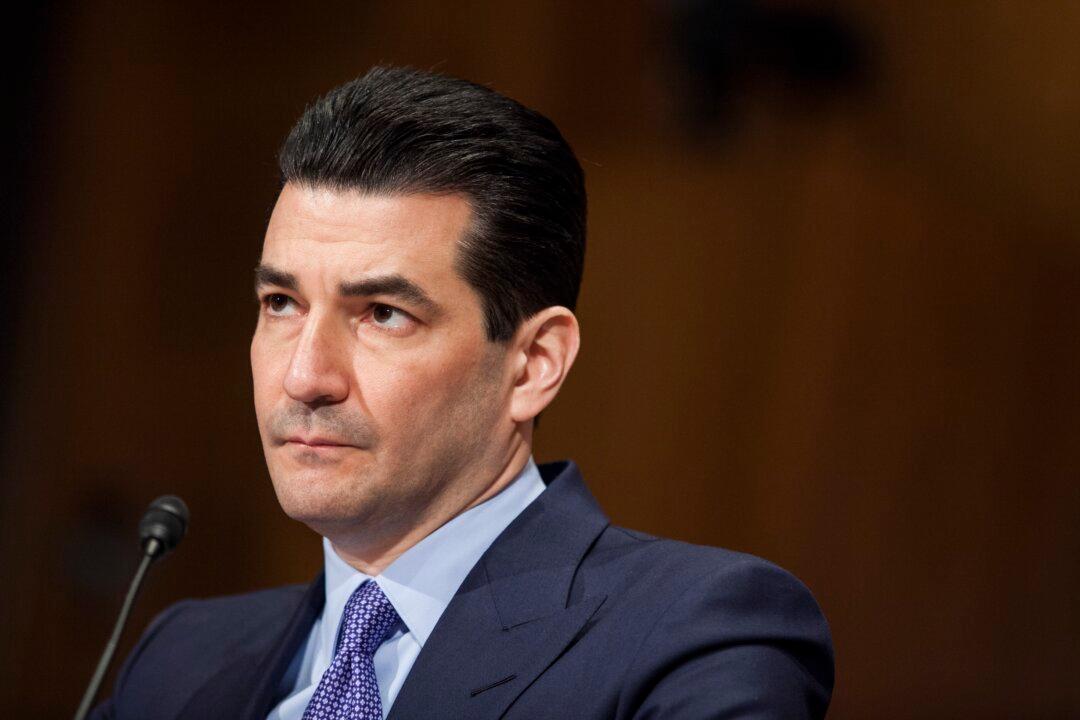Pfizer board member and former U.S. Food and Drug Administration Commissioner Dr. Scott Gottlieb has responded to the release of emails showing he pressured Twitter to censor posts, including one that accurately stated post-infection immunity is superior to that bestowed by COVID-19 shots from Pfizer and other companies.
Gottlieb said on Jan. 9 that he raised concerns with Twitter about posts that contained statements “that I believed were purposely false and inflammatory.”





